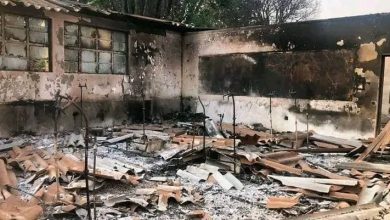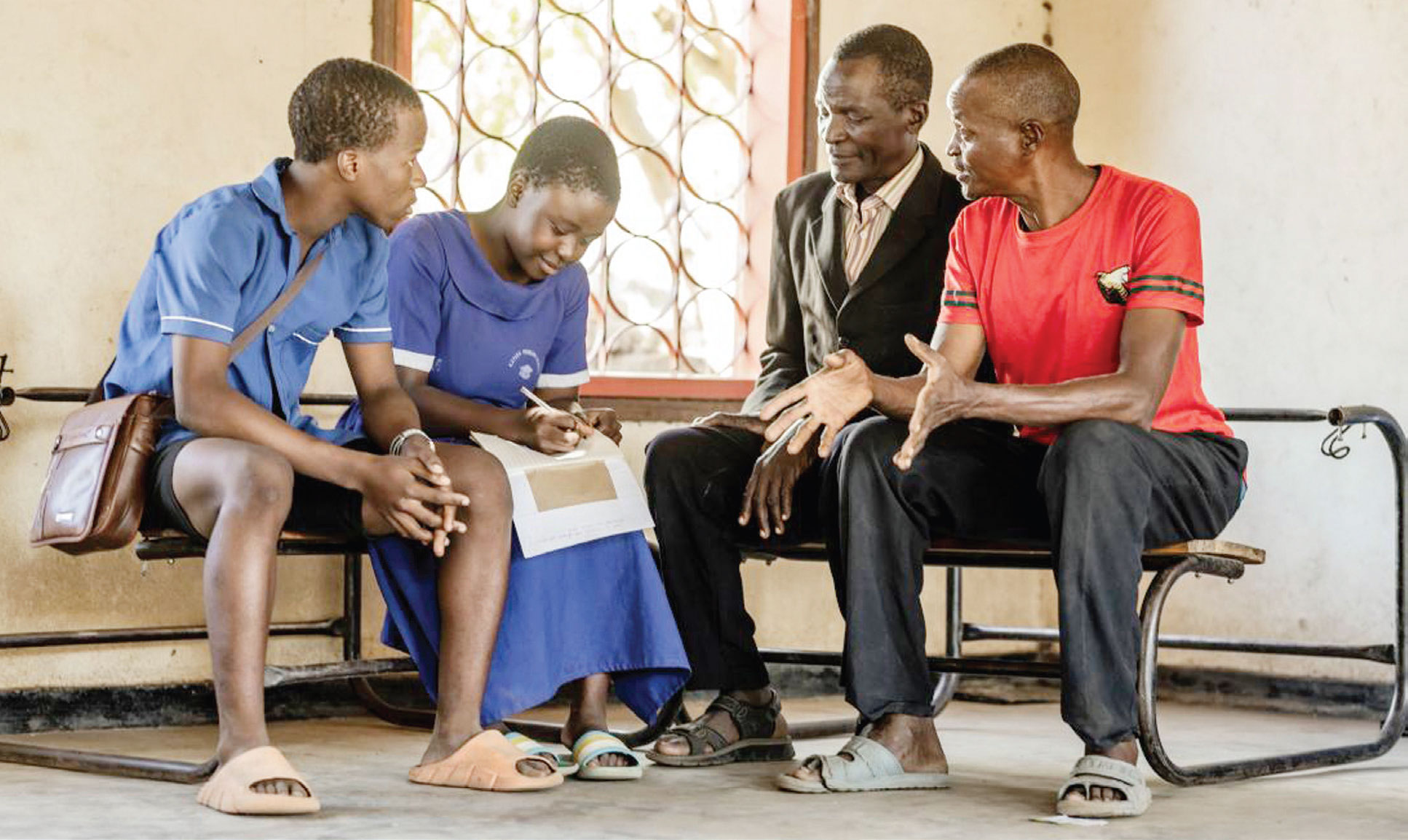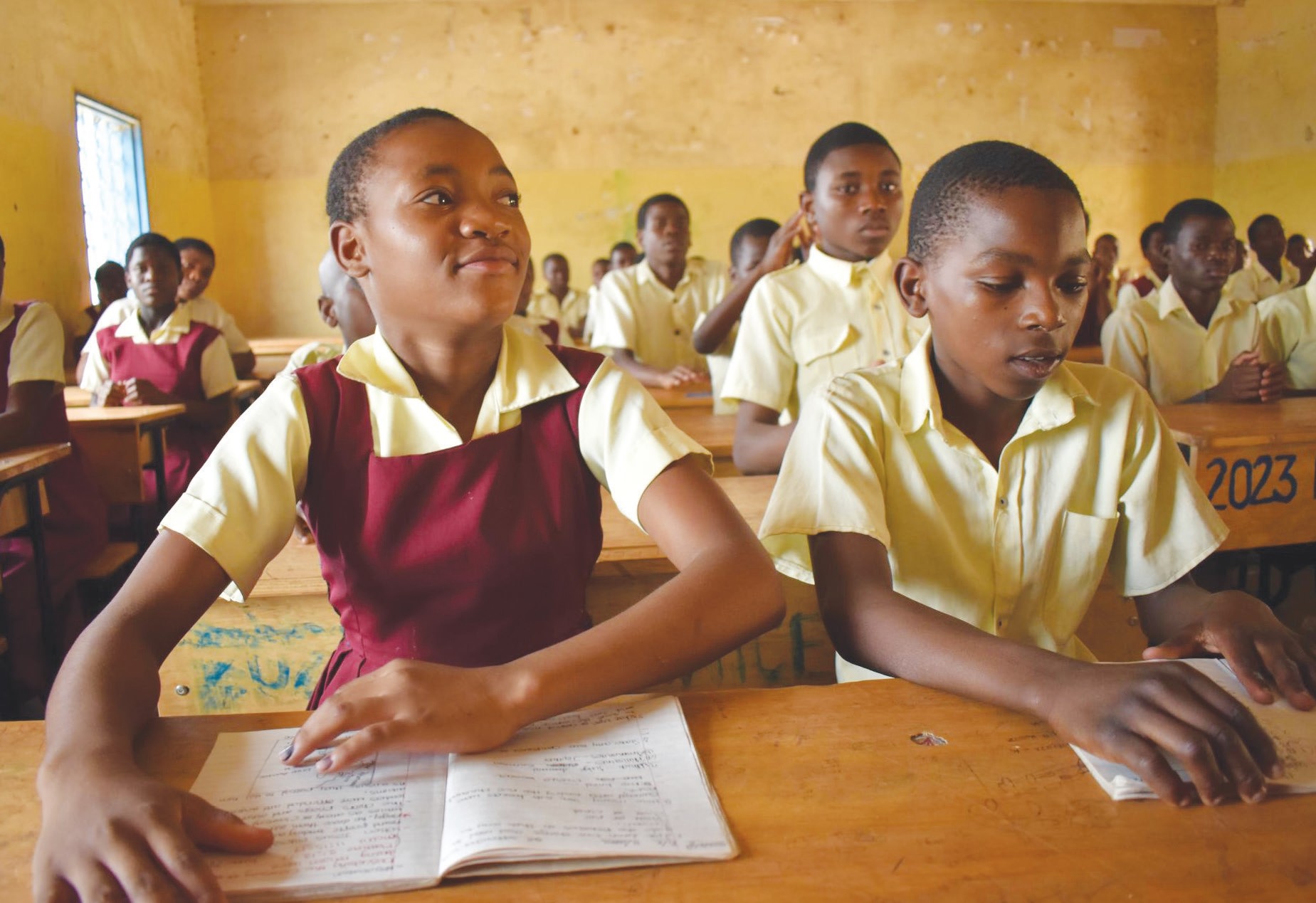Why do many students fail MSCE?
 When Mary Moyo, 23, of Traditional Authority Chilamwera in Thyolo was selected to Blantyre Secondary School (BSS) in 2004, she leaped with joy. Her hard work had paid off.
When Mary Moyo, 23, of Traditional Authority Chilamwera in Thyolo was selected to Blantyre Secondary School (BSS) in 2004, she leaped with joy. Her hard work had paid off.
Being the only girl selected to a national secondary school from Chisawa Primary School in the district, Mary vowed to continue with her hard work, pass the Malawi School Certificate of Education (MSCE) examinations with flying colours and go to the University of Malawi (Unima).
“At BSS, I was always among the top 10 students in examinations, and was in the top 20 of the best Junior Certificate of Education (JCE) students in South-West Education Division in 2006,” she says.
However, when MSCE examinations came in 2008, the worst happened to ambitious Mary.
“I don’t know what happened on my MSCE in 2008. I passed only three subjects,” she says.
She decided to repeat at Chichiri Secondary School.
“I prepared very well and sat the examinations with confidence. Unfortunately, the examination papers leaked and some papers were re-administered. I failed all the subjects that were re-administered,” she says.
Hoping that a change in environment might help her pass, in 2009 her parents sent her to Lilongwe to live with her aunt she enrolled at Lilongwe Girls Open for a third attempt. She passed five subjects out of the seven she took.
“I am now at Awesome Private School in Blantyre for the last attempt. If I fail I will go to a private college. I have stayed home for a year and last year I joined the school in Form Three,” says Mary whose dream has been to study political science at Chancellor College.
This situation is shared by thousands of students in the country. Every year, over 40 percent of students who sit for MSCE fail the examinations. However, this happens after the students have spent a lot of money in fees and preparation for the examinations.
On average, students who are in boarding secondary schools spend K200 000 (about $588) to complete secondary education.
For instance, students at Thyolo Secondary school pay K55 200 (about $162) fees per year, according to Wilfred Nyapwala, the school’s head teacher. This is more or less what students pay in public secondary schools.
This sum and the time spent in school, is a cause for concern in a country that places high value on education for its development.
In the past three years, the pass rate has been stagnant and falling. 2010 registered a pass rate of 53.35 percent, the following year, it was 54.8 percent and this year it is 51.8 percent.
But is the problem with Maneb, teaching and learning facilities or students?
A lecturer in educational psychology guidance and counselling at Chancellor College, Symon Ernest Chiziwa, points to the quality of education as the root of this problem.
“There are inadequate teaching and learning facilities in most schools. You can’t expect good performance with this situation.
Again, our teachers are not motivated, no wonder we are losing many teachers to non-governmental organisations. Teachers nowadays use education as a stepping stone and not a life career,” he says.
In addition to this, Chiziwa blames the leadership in schools. He says schools with good and motivational leadership produce good results because both teachers and students are motivated to perform better.
Educationist Dr. Steve Sharra brings into focus the fact that there are some schools whose students consistently perform well in MSCE, with very high pass rates. He says that is where the debate should dwell on.
“Malawi has examples of schools which do not have much in terms of teaching and learning materials, but they still excel, although we know that these are exceptions,” says Sharra.
He says most schools whose students do not do well are those with unqualified teachers and inadequate teaching and learning materials.
“Unfortunately in Malawi, these schools tend to be CDSS, [community day secondary schools], poor private schools and national secondary schools whose leadership is non-existent. It is these schools that produce the biggest number of students who do not do well,” he says.
Sharra says one way to solve this problem is to promote motivational leadership in schools, motivate students to work hard and ensure availability of teaching and learning materials.
Maneb executive director Roy Hauya says lack of specialised teachers in various subjects on the curriculum is a challenge. He says there are also insufficient text books in schools, which contributes to declining interest in reading and lack of skills to search for information among students.
He adds: “The other question we should be asking is: Are our schools able to prepare students to the level that the curriculum for that level demands? Clearly, this is not always the case. The level of difficulty of examinations that Maneb sets is dictated by the objectives set out in the subject syllabuses making up the total curriculum. Decisions are made by the nature and focus of the syllabus by experts who also decide what and how students should learn.”
However, Hauya says there is hope that the situation can improve if the underlying factors leading to poor performance are consistently, collectively and decisively tackled.
He revealed that his office has already started the initiative and this year it expects all schools to increase focus on language to improve writing skills, developing reasoning skills, deepening mastery of basic skills related to each subject, completing the syllabus with equal emphasis on all topics, taking a practical approach to subjects that require direct practical experience and expanding evidence-based teacher development.





